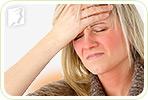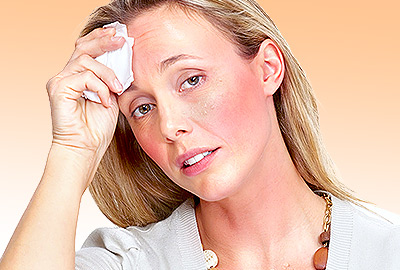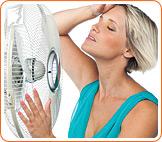
Hot flashes are the emblematic symptom of menopause. They affect around 80% of menopausal women and can range in severity and frequency. Many women experience repeated hot flashes over the course of the menopause transition. Some women even experience hot flashes in postmenopause. It can be hard to say what exactly causes hot flashes and why some women suffer more from them than others. However, there are ways to reduce hot flashes and make yourself more comfortable if one comes on.
What Are Hot Flashes?
Hot flashes are sudden feelings of overheating that usually starts in the neck, head, scalp, and ears. Other symptoms of hot flashes include a quickened heartbeat, redness or flushing of the chest, neck, and face, profuse sweating, and sometimes nausea.
How Can I Control Hot Flashes?
Many women choose to take hormone replacement therapy to combat hot flashes and other menopause symptoms because it is the most effective treatment. However, it can increase a woman's risk of heart disease, stroke, blood clots, and cancer, so some woman opt for alternative treatment. Many women also seek out alternative treatment to complement the hormone replacement therapy.
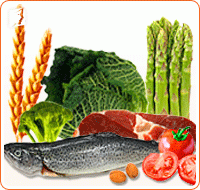
Regular exercise and a healthy diet can help combat hot flashes. Exercise helps manage stress and increase overall health. Exercise options include yoga, jogging, walking, hiking, or water aerobics, to name a few. However, it is important to exercise earlier in the day. Doing aerobic exercise within two hours before going to sleep can increase the risk of experiencing nocturnal hot flashes, also called night sweats.
Using Herbal Remedies to Reduce Hot Flashes
Herbal remedies are commonly used to treat menopausal symptoms, including hot flashes. It is important to talk to your doctor before you start an herbal supplement to go over the side effects that that supplement may produce and any interactions it may have with preexisting conditions you have or other medicines that you take.
Popular herbal remedies for hot flashes include licorice root, black cohosh, and soy. Many women find these herbs to be beneficial, but the well-done studies that have been done on these herbs show that they may not work for all women.
Avoiding Triggers as a Means of Controlling Hot Flashes
Hot flashes are connected to decreasing levels of estrogen in the body, but other factors can trigger hot flashes. These include:
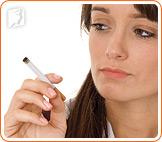
- Hot tubs and saunas
- Spicy food
- Alcohol
- Smoking
- High stress
- Caffeine
It is not always possible to completely cut all of these things out of your life, but identifying what may be triggering your hot flashes and then working to reduce them can go a long way to help.
If hot flashes are reducing your quality of life, it is important to see a doctor in order to receive proper treatment. Click on the following link for more information about hot flash treatments.
Sources
- Cleveland Clinic. (2013). Non-Hormonal Ways to Cope with Hot Flashes & Menopause. Retrieved October 28, 2015, from http://my.clevelandclinic.org/health/diseases_conditions/hic-what-is-perimenopause-menopause-postmenopause/hic-non-hormonal-ways-to-cope-with-hot-flashes-and-menopause
- Ferrari, N. (2015). Menopause-related hot flashes and night sweats can last for years. Retrieved October 28, 2015, from http://www.health.harvard.edu/blog/menopause-related-hot-flashes-night-sweats-can-last-years-201502237745
- National Institute on Aging. (2015). What Can You Do for Hot Flashes and Other Menopausal Symptoms. Retrieved October 28, 2015, from https://www.nia.nih.gov/health/publication/menopause-time-change/what-can-you-do-hot-flashes-and-other-menopausal-symptoms


